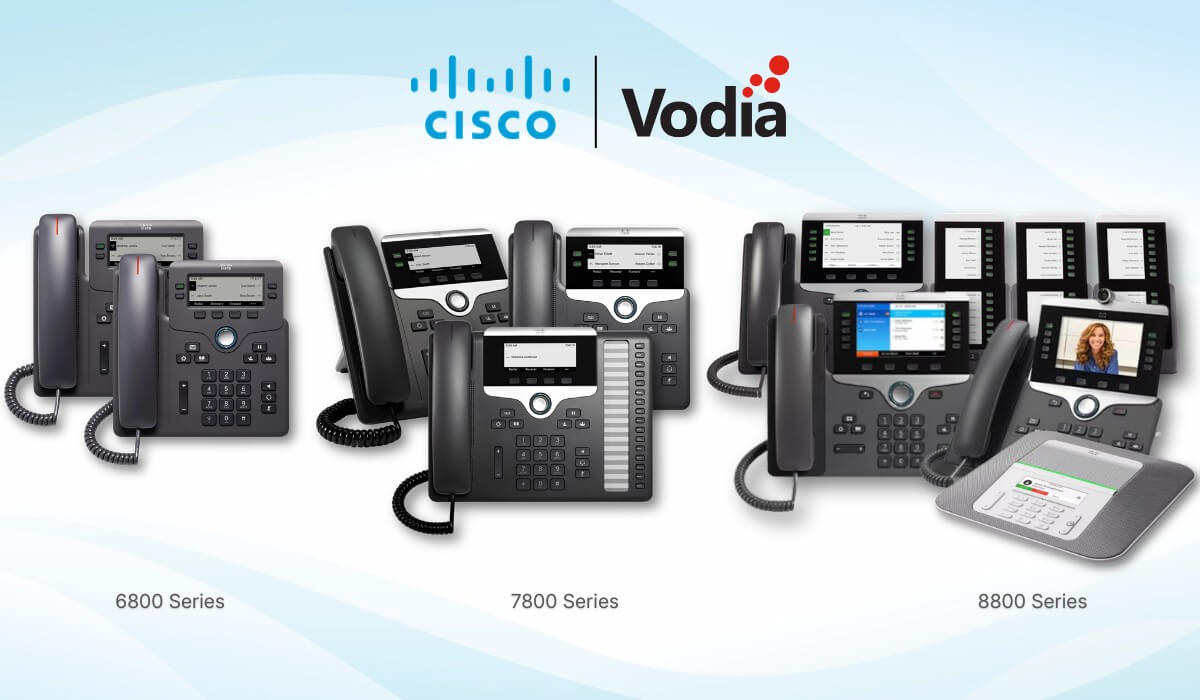“They will coexist for years to come,” says Christian Stredicke, CEO of Vodia
In the midst of the pandemic, it seemed there were millions of lonely desktop phones sitting atop lonely desks in lonely offices worldwide– a great many people were working from home. In a transition unimaginable pre-pandemic, end users were suddenly able to use apps — and event heir browsers — to make and receive calls. What has become a familiar routine in office life will be with us for a long time, maybe forever.
That said, thousands of companies around the world still depend on their desk phones, and the market for these phones remains robust. These devices, while taking up valuable real estate on end users’ desks, provides a few advantages over apps. First, for many employees, physical presence at a desk is linked to a virtual presence as well; when employees aren’t at work, they don’t receive work calls. And talking calls is easy — just pick up the handset, no training required. The audio quality is also pretty good, even when “yelling” to customers on speaker phone. For companies where private mobile phones are banned during work hours, there is no alternative to a desk phone.
And let’s not forget about DECT! The other use case is employees at work: if they aren’t tethered to their desks, they still want to be available for work calls at work exclusively. Would a hotel employee install a work VoIP app on a private phone? In many cases it’s far easier to provide DECT handsets to employees, instead of rolling out apps.
So which devices will employees use? The answer is all of the above. The larger an organization, the more likely all devices will be necessary to properly address its productivity needs. If you have a company with a hundred employees, it’s almost guaranteed some of them will need the apps, while others will require a desk phone.
When it comes to the right telephone system, the exact ratio doesn’t even matter: the system needs to support all modes of communication. Most organizations are figuring out which mode works best for each employee, and it would be unwise to address this while installing a new system. There are users who don't like to use the app and prefer a desk phone, other users prefer the app, and some want both.
Whatever you decide, desk phones or VoIP and apps, Vodia makes it all possible. The Vodia PBX supports a large range of VoIP devices, DECT phones, door phones and analog adapters(ATA). In many deployments, companies can keep their existing VoIP phones, allowing cost savings for the rollout and purchase of new devices. Our PBX interoperates with the industry’s best phones, and our apps work on Windows, MacOS, Android, iOS and most browsers.
Vodia makes it possible to work from anywhere and keep your team seamlessly connected and collaborating, today and tomorrow, whether you’re devoted to your desk phone or your mobile. Don’t hesitate to contact us, info@vodia.com or +1 (617) 861-3490.
.svg)





